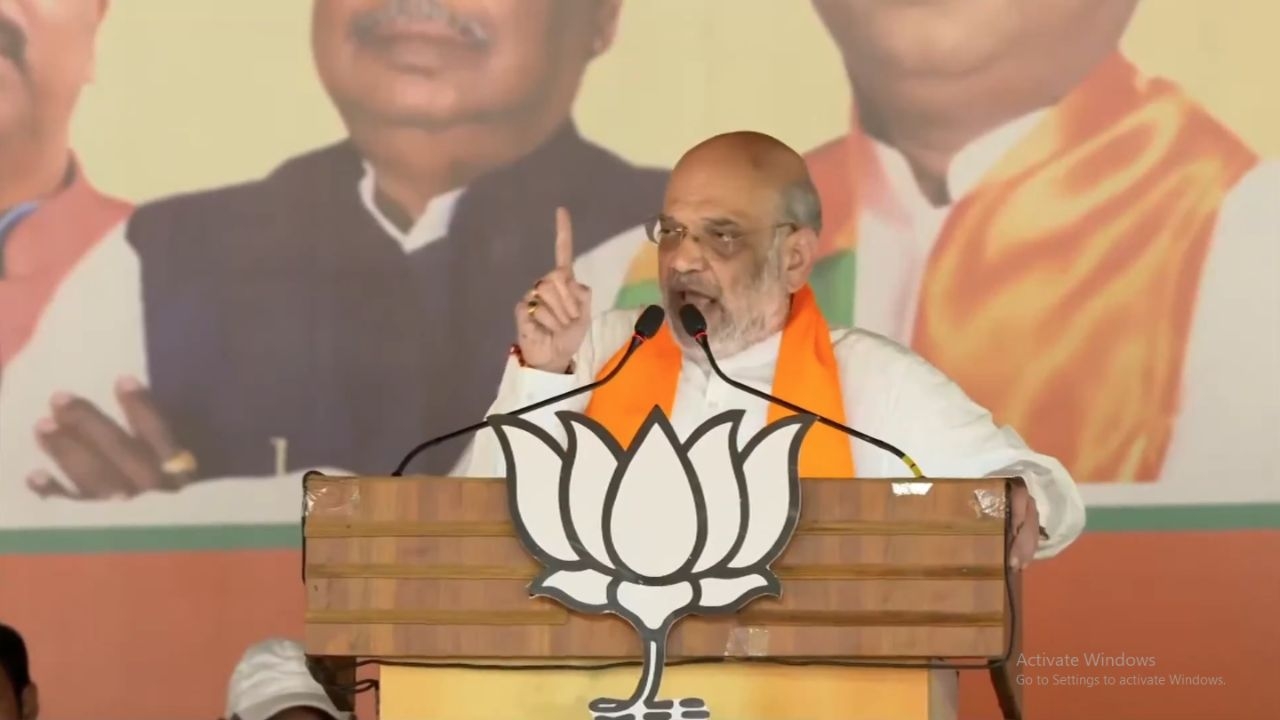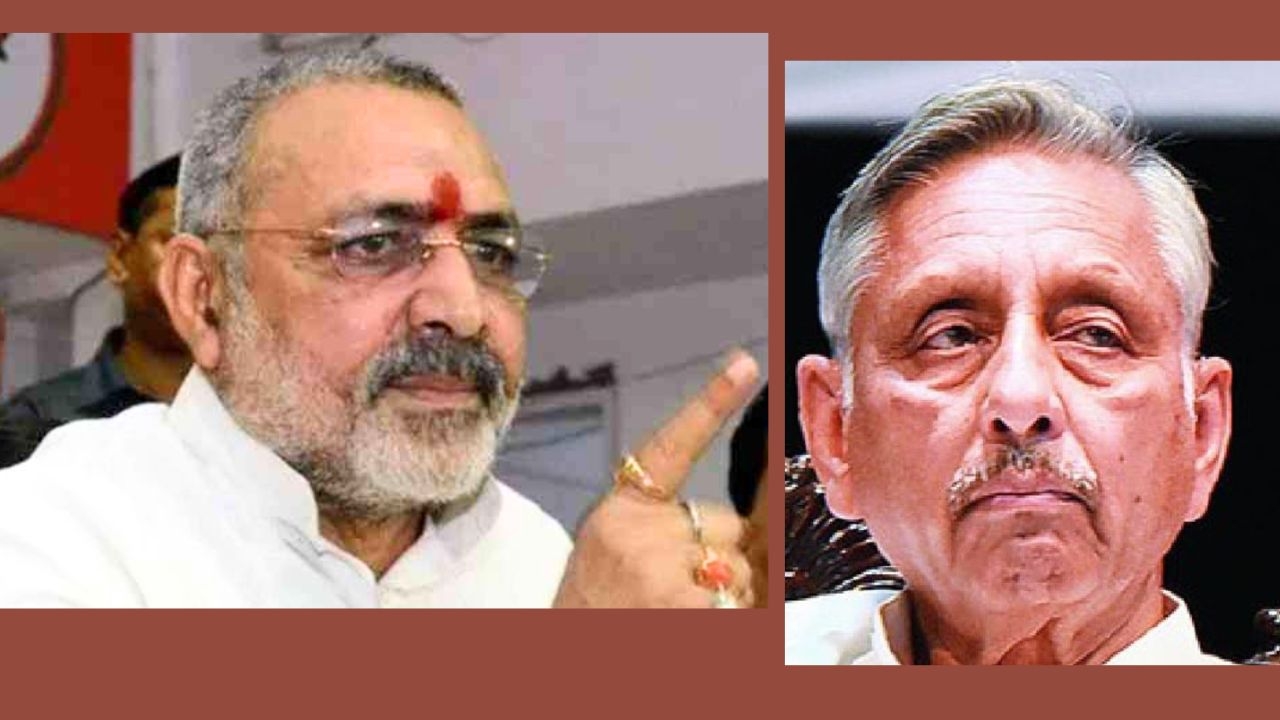'40% women in Delhi faced sexual harassment last year'

It has been three years since the Nirbhaya gangrape shook the entire nation. But the streets of Delhi are hardly safer for women, despite tougher laws enacted after the gruesome incident.
A recent study published by Stockton University, has found that about 40% women were sexually harassed in Delhi during the past year. According to the survey, most of the crimes were committed in daytime and in public spaces like roads and parks.
Read: Mr Kejriwal, here's 7 things you can do to stop rape without the Delhi police
Around 58% of women surveyed said they were sexually harassed at least once during their lifetime. The study also claims that 33% women avoid going out in public. Another 17% have chosen to quit their jobs to save themselves from the humiliation.
Several changes were brought about in laws relating to the sexual harassment of women after the 16 December 2012 gangrape. The amendments included doubling the sentence for rape and criminalising voyeurism and stalking. But the toughening of laws seem to have made little impact on the ground.
The Study
The survey was conducted by Manish Madan, Assistant Professor at the School of Criminal Justice at New Jersey's Stockton University, with Mahesh Nalla, professor at the School of Criminal Justice at Michigan State University as his co-author.
They interviewed 1,400 men and women in Delhi. Respondents were asked questions on a variety of issues, including perceptions and history of sexual harassment, use of public transportation, safety in public places and the role of the police in dealing with women's security.
The study also attempted to gauge the seriousness of various sexual offences in the eyes of the respondents. These offences ranged from whistling to asking a woman for sexual favours or groping her body.
About 58% of women surveyed said they were sexually harassed at least once in their life
The men considered these advances considerably less serious, illustrating "a disjunction between how males and females think."
Mahesh Nalla claims the survey proves that women are still afraid, despite the institutional changes after the Nirbhaya incident.
"Women in India do not feel safe being in public spaces, which is clearly a human rights issue," he was quoted as saying.
Why are Women Unsafe?
The problem of sexual harassment is not confined to India alone. However, the researchers felt it was more prevalent in emerging democracies like India, where women are increasingly becoming independent and joining the workforce.
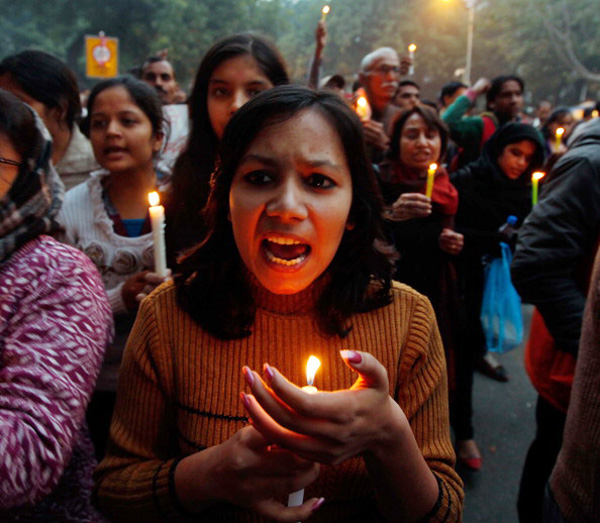
Photo: Getty Images
The research also blames a lack of adequate public infrastructure for the malaise. The crumbling public transportation system, youth migration to urban areas and the prevalence of a retrogressive mindset regarding women in a traditional patriarchal society like India, has intensified the problem researchers pointed out.
Also read: Nirbhaya changed nothing. Delhi continues to be the rape Capital
According to Manish Madan, India has a history of women being harassed in public places, yet the police remain insensitive to most cases.
The Recommendations
Noting that eve teasing has long been a common occurrence, particularly by groups of young male perpetrators, the study emphasises the need for ensuring women's safety and their human rights in public places.
Read more- Beyond the Nirbhaya debate: The sh*t politicians say about rape and rape victims
It recommends that the change in mindset should begin at the level of elementary education in schools and gender sensitisation must be part of the school curriculum.
The researchers also suggest increasing public awareness through posting public service messages and signs at various places like bus stops, roads and buses. In addition, they also urge enhancing law enforcement through measures such as installation of CCTV cameras.
Translated by Deepak Sharma
Edited by Anna Verghese
More in Catch:
WATCH: Assam politicians must pay attention to children, says activist Miguel
Anti-vaccine poster boy: is Andrew Wakefield the most hated man in modern medicine?
#ENGvNZ | England book place in WT20 final with 7-wicket win over New Zealand
Cong gears up to deal with Uttarakhand-like situation in Himachal

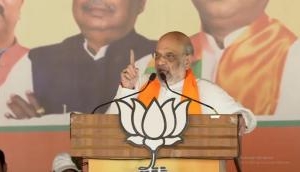


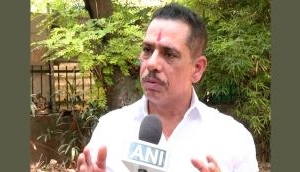
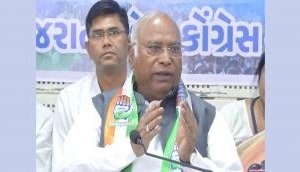
![BJP's Kapil Mishra recreates Shankar Mahadevan’s ‘Breathless’ song to highlight Delhi pollution [WATCH] BJP's Kapil Mishra recreates Shankar Mahadevan’s ‘Breathless’ song to highlight Delhi pollution [WATCH]](http://images.catchnews.com/upload/2022/11/03/kapil-mishra_240884_300x172.png)

![Anupam Kher shares pictures of his toned body on 67th birthday [MUST SEE] Anupam Kher shares pictures of his toned body on 67th birthday [MUST SEE]](http://images.catchnews.com/upload/2022/03/07/Anupam_kher_231145_300x172.jpg)


